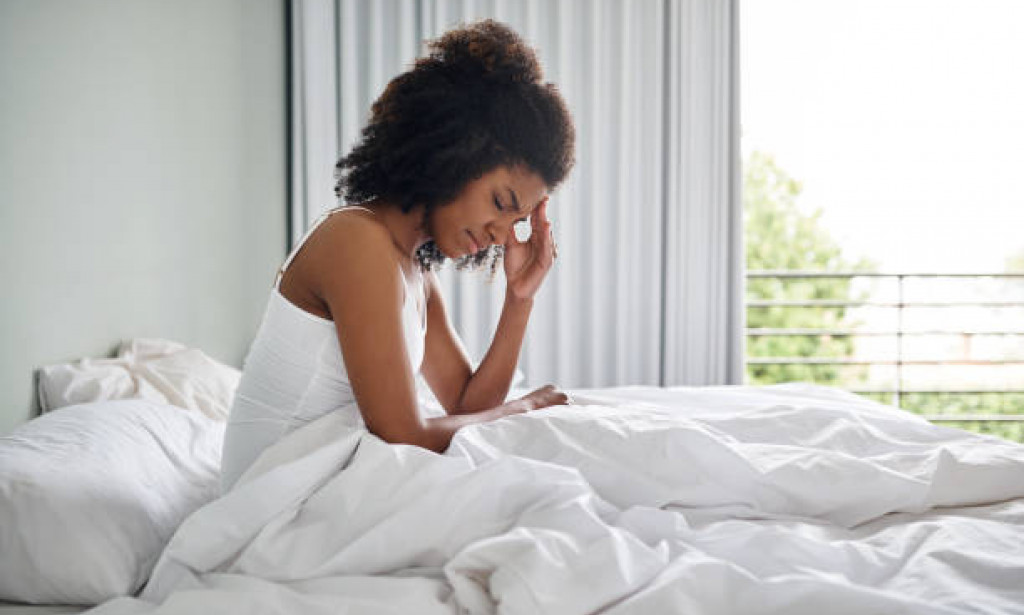Hello lovely people, your answers are here, so before we get to the meat of the matter, I'd like you to understand or rather remind us of the meaning of OVULATION, its signs, when it's most likely to occur, and finally the answers to our questions based on research and personal experience.
The process by which a mature egg is released from the ovary is known as ovulation. The egg is released and travels down the fallopian tube, where it can be fertilized for 12 to 24 hours.
The ovarian follicle, a part of the ovary, releases an egg during ovulation. An egg is also referred to as an ovum, oocyte, or female g*amete. It is only released when it has reached maturity. The egg then travels down the fallopian tube, where it may be fertilized by a s*p*e*r*m.
Ovulation begins before women reach the age of 20. It usually begins when a girl is between the ages of 12 and 13. Young women should be aware that their first ovulation occurs before their first period. The average woman's reproductive years range from the age of 12 to 51. Fertility naturally declines with age, making it more difficult to conceive.
Ovulation occurs 14 days before your period begins. If you have a 28-day cycle, you ovulate around day 14, and your most fertile days are days 12, 13, and 14. Ovulation occurs around day 35 of a 35-day m*enstrual cycle. Ovulation occurs around day 21 of a 35-day menstrual cycle, and your most fertile days are days 19, 20, and 21.
Ovulation signals are sent by the female reproductive system. These are some examples:
- cervical m*u*cus transforming into egg whites
- a rise in core body temperature
- In some cases, pain.
A person may also encounter:
- bloating
- b*r*e*a*s*t sensitivity
- cramps
- spotting
- increased s*e*xual d*esire
WHAT CAUSES OVULATION PAIN?
Follicle growth stretches the surface of your ovary just before an egg is released with ovulation, causing pain. The ruptured follicle's blo*od or fluid irritates the lining of your abdomen (peritoneum), causing pain.
Ovulation discomfort is usually brief and harmless. You may experience one-sided pain for a few minutes or even hours. Ovulation discomfort is usually brief and harmless. On the day of suspected ovulation, you may experience one-sided pain for a few minutes or even a couple of hours. Ovulation occurs when a follicular cyst swells and then ruptures to release the egg following a surge in luteinizing h*ormone (LH) in your body. Consult your health consultant if your pain persists (GYNECOLOGIST).
Thank you for your interest; is this information useful? Give good fe*ed*ba*ck.


very important
This is very informative, thanks.
You must be logged in to post a comment.